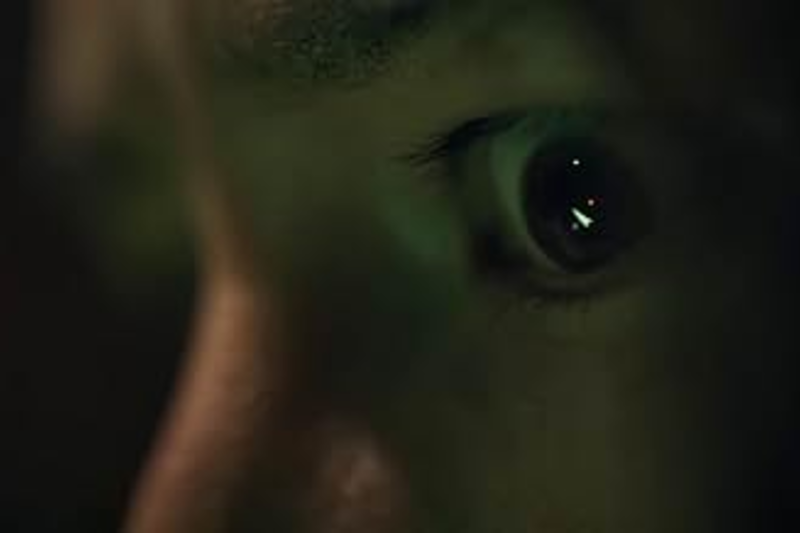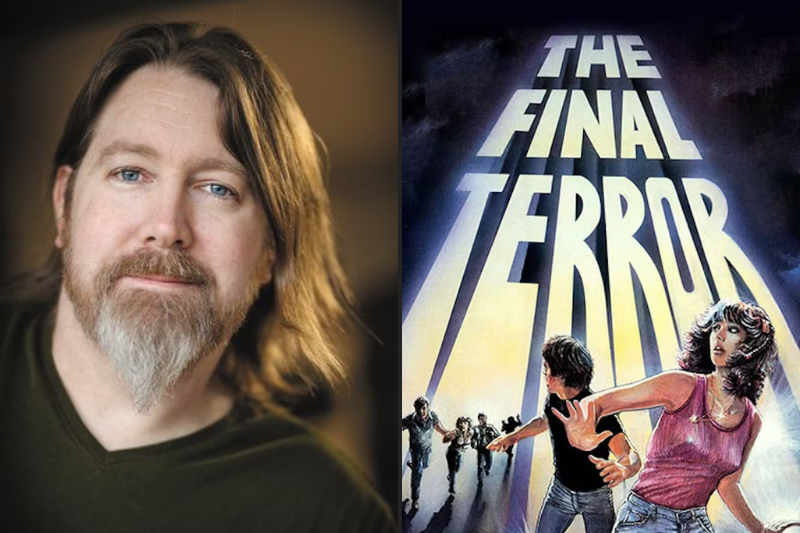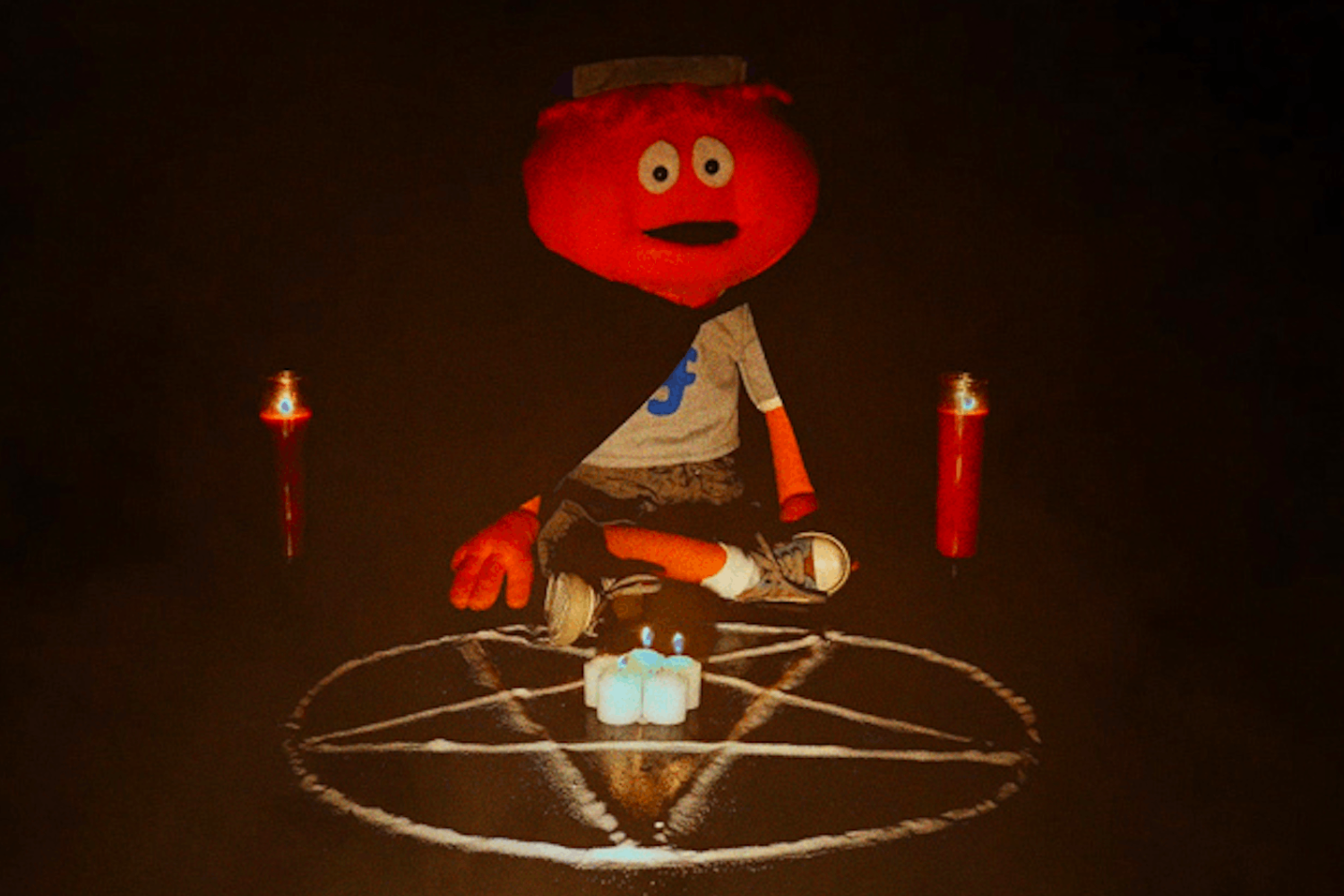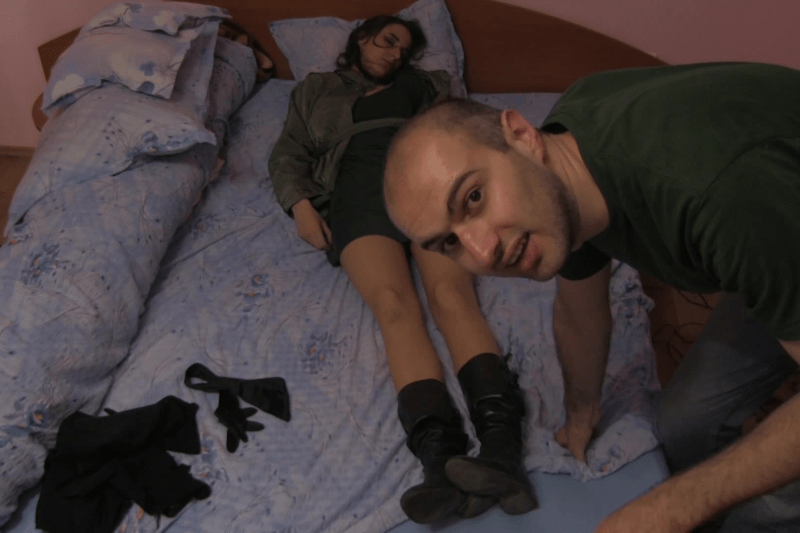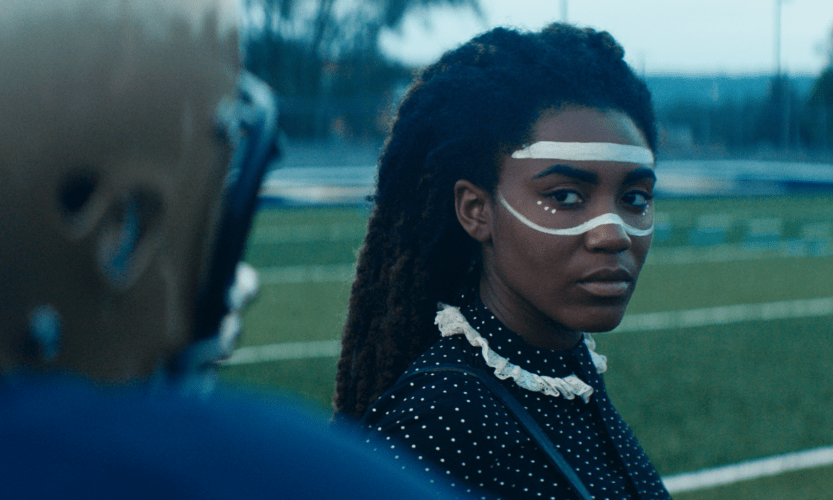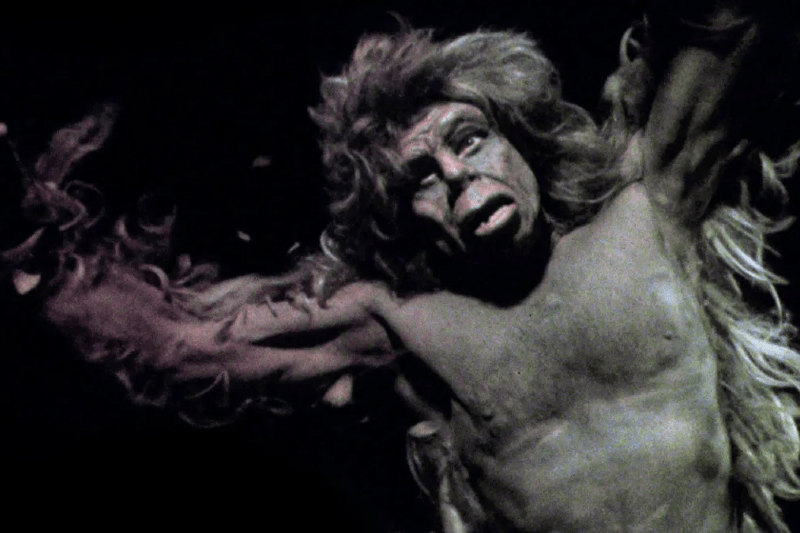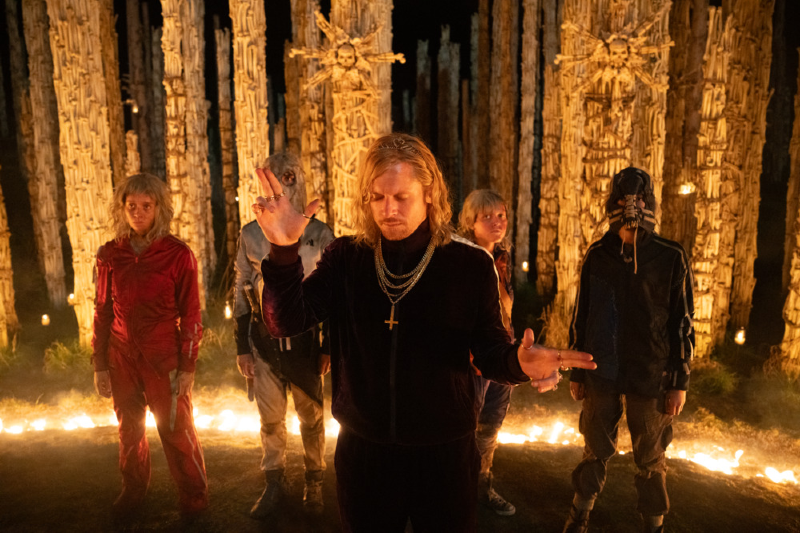‘Iron Lung’ Review: Markiplier Shines in a Tricky Video Game Adaptation
Mark Fischbach (Markiplier) writes, directs and stars in 'Iron Lung,' an adaptation of the popular indie video game of the same name.
Listen to the Certified Forgotten Podcast
Podcast: Kate Siegel on ‘Ghostwatch’
'V/H/S/Beyond' filmmaker Kate Siegel joins Certified Forgotten to talk about her directorial debut and Lesley Manning's 'Ghostwatch.'
Podcast: David Dastmalchian on ‘Entrance’
'Late Night with the Devil' star David Dastmalchian joins Certified Forgotten to discuss 'Entrance,' one of his favorite underrated slashers.
Podcast: C. Robert Cargill on ‘The Final Terror’
Screenwriter C. Robert Cargill ('The Black Phone') joins Certified Forgotten to discuss Andrew Davis's anti-slasher 'The Final Terror.'
Podcast: Ryan Prows on ‘Los Bastardos’
Writer-director Ryan Prows ('Night Patrol') joins the podcast to talk about vampire cops and Amat Escalante's 'Los Bastardos.'
New Articles
Podcast: Harmony Colangelo on ‘Death Ship’
Harmony Colangelo joins Certified Forgotten to discuss Alvin Rakoff's 'Death Ship,' a Nazi-sploitation feature with surprisingly sharp teeth.
‘Night of the Demon’ Is The Bigfoot Slasher You’ve Always Wanted
Brendan Jesus unearths the troubled history of James C. Wasson's 'Night of the Demon,' a video nasty with Bigfoot as the star.
Podcast: The Best Horror at the 2026 Sundance Film Festival
From 'Leviticus' to 'Saccharine,' Matt Donato shares his picks for the standout horror films of the 2026 Sundance Film Festival.
Podcast: ’28 Years Later: The Bone Temple’ Gets Uncertified
Matt Donato and Matthew Monagle sit down to talk about Nia DaCosta's '28 Years Later: The Bone Temple,' the year's best horror film so far.
